It’s officially spring (even if it doesn’t quite feel like it). And you know what that means: flowers, sunshine and…allergies.

Photo courtesy of giphy
If you’re one of those people who continuously blow their nose and wipe away sad tears, stop taking those 24-hour allergy pills. Instead, here are seven foods that will help suppress those dreadful sniffles and sneezes naturally.
1. Kale
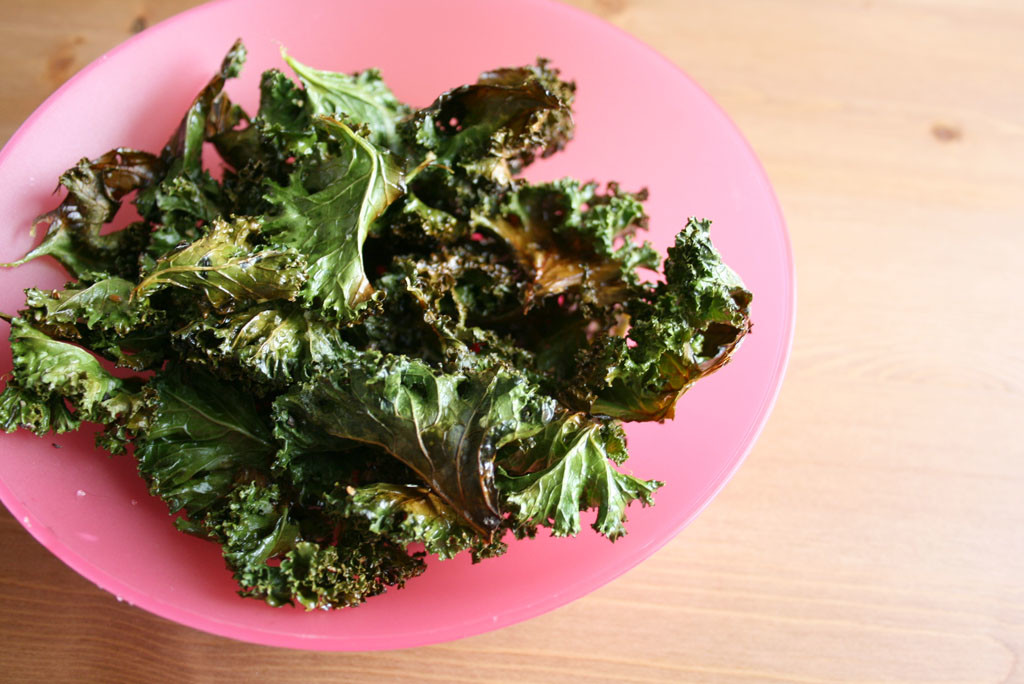
Photo by Alex Tom
Like many of the other cruciferous vegetables, kale has been shown to help clear blocked sinuses and fight against inflammation, some of the major symptoms of allergies. And eating it doesn’t have to be tasteless or boring! Try this super easy crispy baked kale chips recipe for a doubly healthy snack!
2. Broccoli
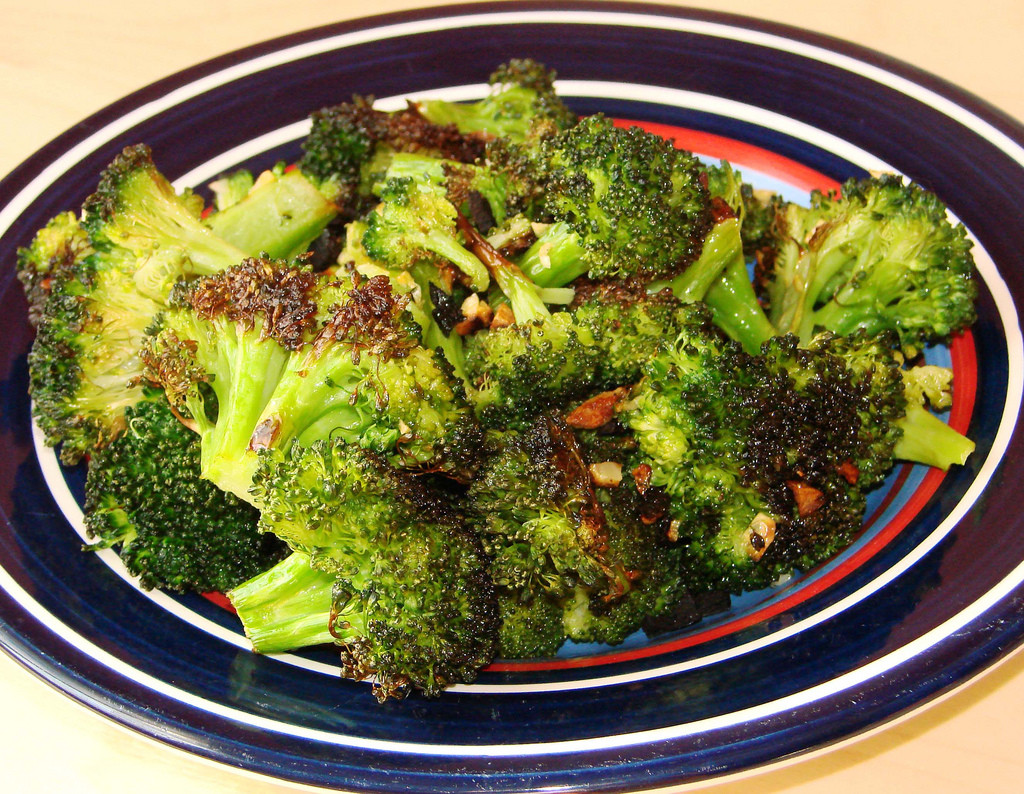
Photo by Boomette
Broccoli is high in vitamin C, which helps reduce the inflammation associated with allergic reactions, and, like kale, it’s a member of the Cruciferae family so it helps reduce some of the major symptoms of allergies with Vitamin K. Broccoli may not always be one of the most fun vegetables to eat, so here are seven ways to make your broccoli dish amazing!
3. Citrus Fruits
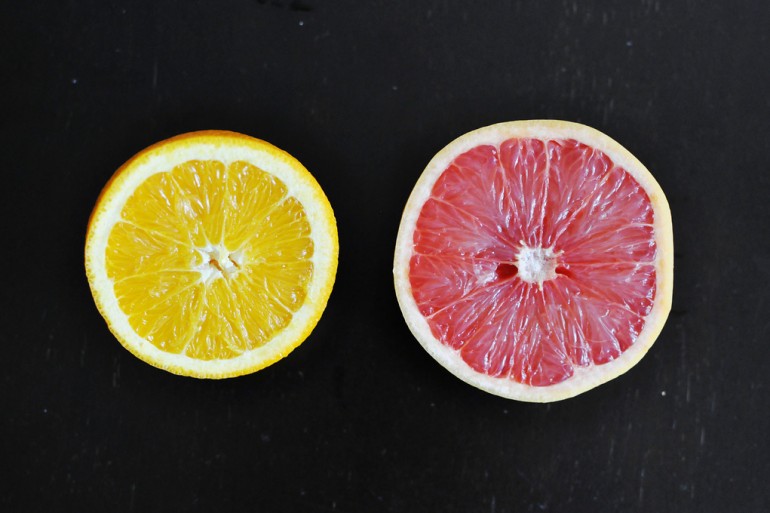
Photo by Paulina Lam
Like broccoli, many citrus fruits are high in vitamin C, which is shown to help control allergy symptoms such as nasal congestion, runny nose and watery eyes. You can use this guide to citrus fruits to check out what’s in season!
4. Nuts
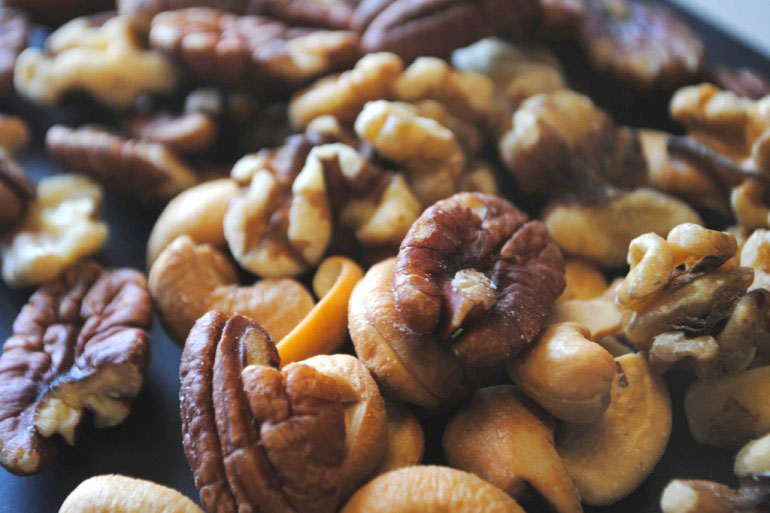
Photo by Bari Blanga
Nuts are a good choice as they are a healthy snack high in magnesium and vitamin E; magnesium protects against asthma and vitamin E boosts immunity and helps block inflammation. Here’s a guide to what nuts you should consume and what nuts you should avoid.
5. Yogurt
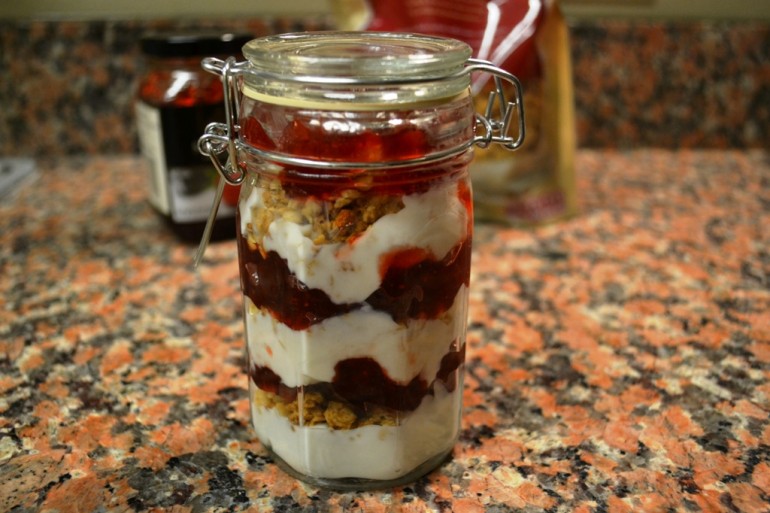
Photo by Anna Loh
Studies have shown that probiotics, or bacteria, contained in yogurt reduce allergic reactions to pollen. Probiotics help decrease the body’s immune response to allergens, reducing inflammation in the body. You can make super cute mason jar breakfast parfaits to easily get your fill of yogurt in the morning.
6. Green Tea
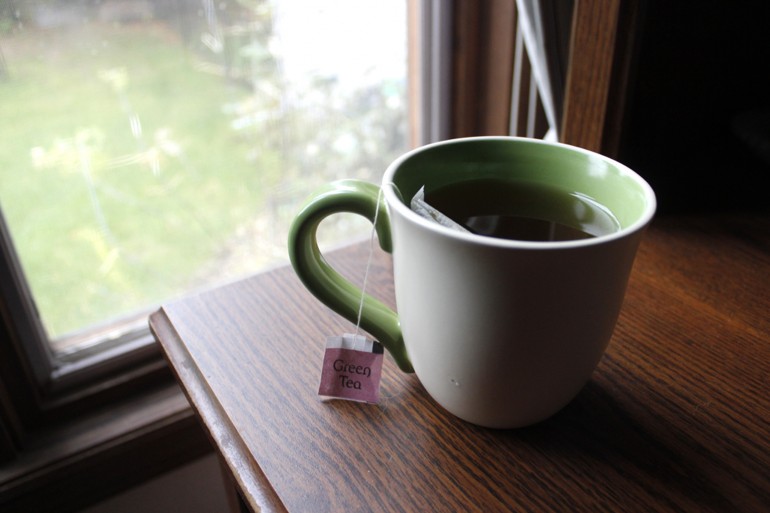
Photo by Jessica Payne
Green tea is rich in antioxidants called polyphenols that have been shown in many studies to decrease the creation of mucus (as well as benefiting the body in many other ways). Also, hot teas in general can help clear nasal passages. Check out this guide to everything about tea to learn about the benefits of drinking tea and the differences between teas.
7. Salmon
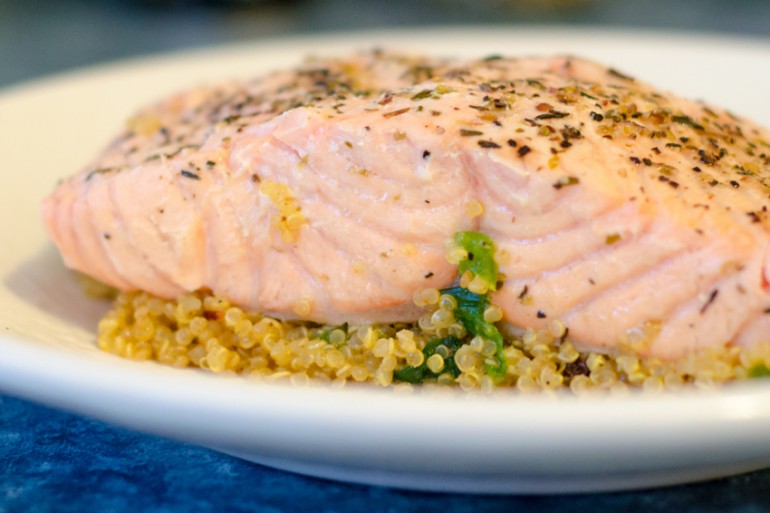
Photo by Grégoire Durand
Salmon has healthy omega-3 fatty acids which have been shown to ease respiratory allergies. Fatty fish like mackerel, sardines, trout and tuna are other good options. College gourmet cooking has never been easier than this super delicious baked salmon with lemon recipe.

